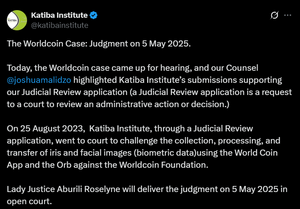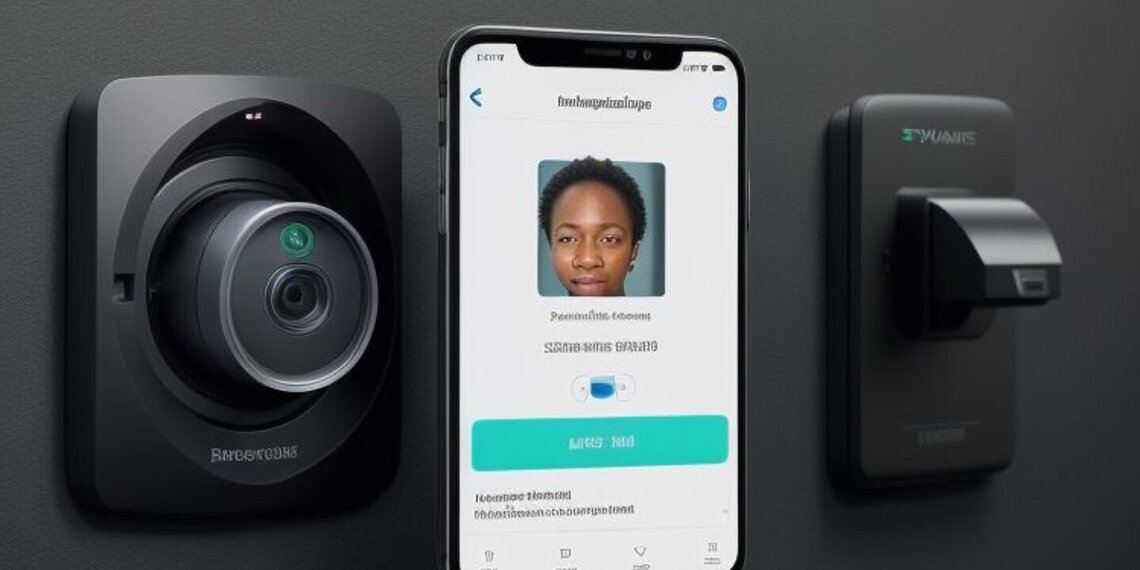Kenya has ordered Sam Altman’s World Web3 project to erase biometric data collected from its citizens. The Nairobi High Court ruled that the human ID initiative did not obtain proper consent from the Office of the Data Protection Commissioner (ODPC) before gathering eye scans to issue World IDs. Neither World nor Altman have responded to the ruling yet.
Based in the U.S., the World project seeks to provide “World IDs” as a global proof of identity, allowing users to engage in online interactions without revealing personal details.
Last August, project representatives set up booths worldwide to collect iris scans using a proprietary device called the Orb. Spain and Germany have previously raised concerns over World’s biometric data collection practices.
What Happened
Justice Aburili Roselyne has ordered the World project to permanently erase the facial images and eye scans of its Kenyan users within seven days. A data protection officer has been appointed to oversee compliance.
Additionally, the court has banned World from collecting any further biometric data from Kenyan citizens.
The legal challenge was led by the Katiba Institute and the International Commission of Jurists (ICJ Kenya), who argued that the project’s data collection methods were invasive and posed privacy risks.
Joshua Malidzo Nyawa, counsel for the Katiba Institute, hailed the ruling as a victory for privacy rights. The institute also shared a detailed summary of the court’s decision on X (formerly Twitter).

Altman’s response to Kenya’s decision remains awaited for now.
Kenya’s Journey with the World Project
In 2023, Kenya became the first country to formally investigate the World project, formerly known as “Worldcoin.” However, in 2024, the country abruptly ended its probe into Altman’s Web3 initiative.
By June 2024, Kenyan authorities directed Altman to register the World project with the Office of the Data Protection Commission (ODPC) and the Communication Authority of Kenya (CAK).
Despite this, the Katiba Institute and ICJ Kenya filed a petition with the High Court, arguing that the project was violating Kenyan citizens’ rights by collecting their data without proper government authorization. Their case was submitted in March 2025.










